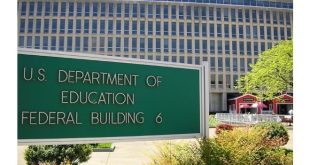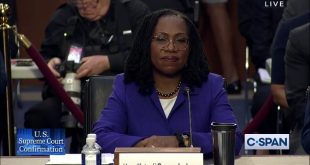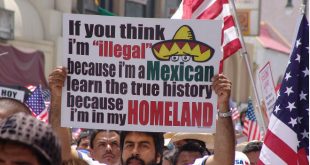Note from Star Parker, founder and CEO of the Center for Urban Renewal and Education:
This Thanksgiving season could profitably be devoted to a time of prayer and fasting. For we must acknowledge in giving thanks that we need to relieve anxiety about the course of our nation. When George Washington initiated the original Thanksgiving Proclamation, he said, among other things, “that we may then unite in most humbly offering our prayers and supplications to the great Lord and Ruler of Nations and beseech Him to pardon our national and other transgressions; – to enable us all, whether in public or private stations, to perform our several and relative duties properly and punctually, to render our National Government a blessing to all the people by constantly being a Government of wise, just, and constitutional laws.”
The COVID-19 pandemic has shifted priorities, revealed family fault lines, and in some cases brought families together. Young people fled the cities during lockdowns and returned home to their parents. Parents of younger children had to find ways to work at home while making sure their children did their online schooling. Families dealt with layoffs and smaller paychecks. The lockdown wasn’t good for some married couples; for others, it might have healed marriages.
Through it all, Americans had to rely on family like never before. According to a new Lifeway Research poll, 84 percent of 1,200 people surveyed said they’re thankful for family. A majority are also thankful for their health, friends, and memories. What might be a surprise: only 53 percent were thankful for their personal freedom. In a Lifeway Research poll conducted in 2016, 72 percent said they were thankful for their personal freedom.
During times of crisis, the government certainly exercises its authority over the people by curtailing personal freedom. Declaring mask mandates is one of them. Ordering businesses and house of worships to close are other ways. Churches are in litigation right now to be allowed to re-open without restrictions. People are more willing to trade their personal freedom for the illusion of safety in a time of crisis.
Only 21 percent of those surveyed are thankful for their wealth, down from 32 percent in 2016.
Religious Americans, particularly evangelicals, were more likely to say they’re thankful for family. Ninety percent of evangelicals say they’re thankful for family, compared to 82 percent of non-evangelicals. More evangelicals are thankful for their personal freedom.
What will Americans be thankful for this Thanksgiving? An excerpt:
When Americans give thanks on the last Thursday of November, most say they express their gratitude toward their family and God.
Around 2 in 3 say they typically give thanks to family (68%) and God (67%), while 42% say they are grateful to their friends.
Fewer say they are thankful to themselves (16%) and fate (10%). Even fewer say they don’t give thanks (4%).
…
This year, both family and friends saw 11-point jumps from 2016 when 57% were thankful to family and 31% to friends.
Seventy-two percent of Roman Catholics say they’re thankful to God, while 83 percent of Protestants say the same.
Americans have refocused on family during the COVID-19 pandemic, but it’s disheartening that fewer are thankful for their personal freedom than four years ago. Americans should know the more government intrudes on their personal freedom, the harder it will be to regain that freedom. The mask mandates and limits on businesses, churches, and social gatherings are endless. When and where will it end, and how much longer will Americans put up with it?
In addition to our gratitude to God, we can still be grateful that we are Americans. We have plenty of reason to hope that we’ll regain some semblance of normalcy, even while the crisis continues.
 Black Community News News and Commentary for Christians
Black Community News News and Commentary for Christians



